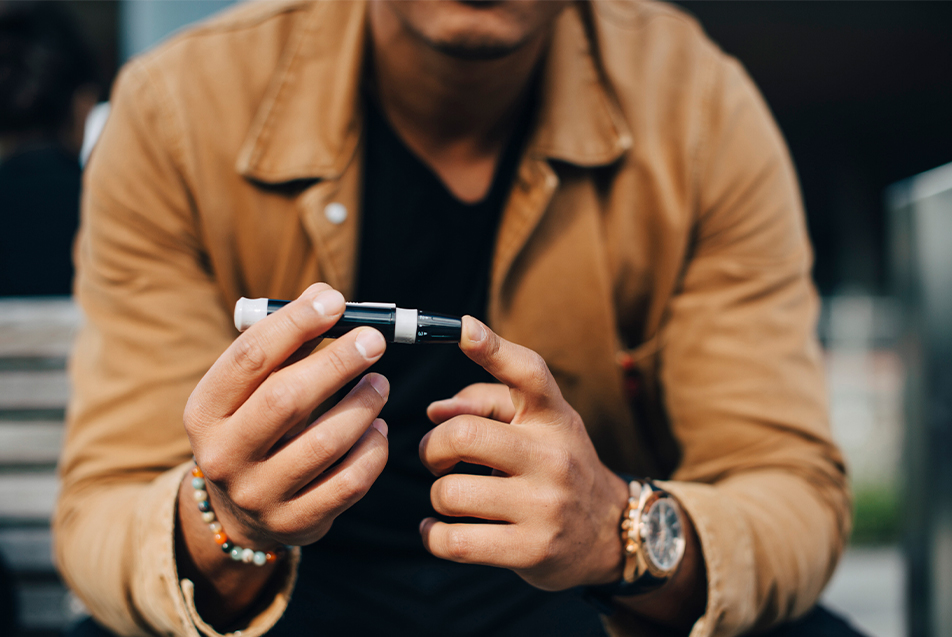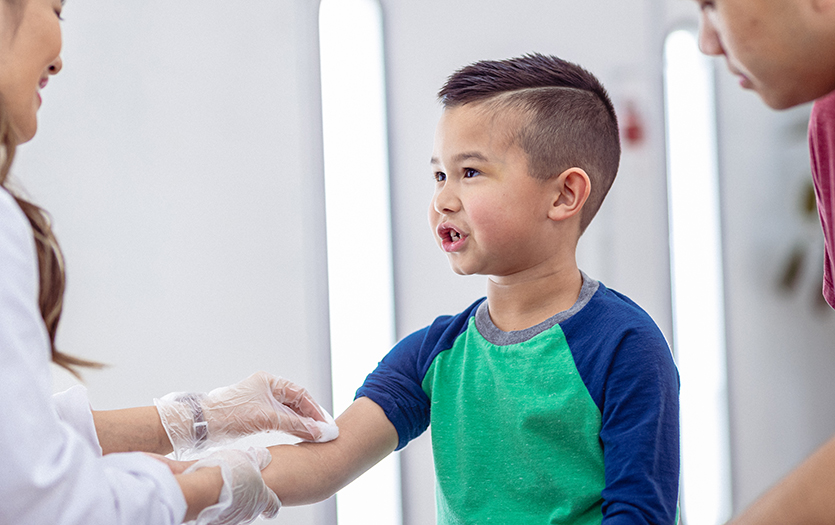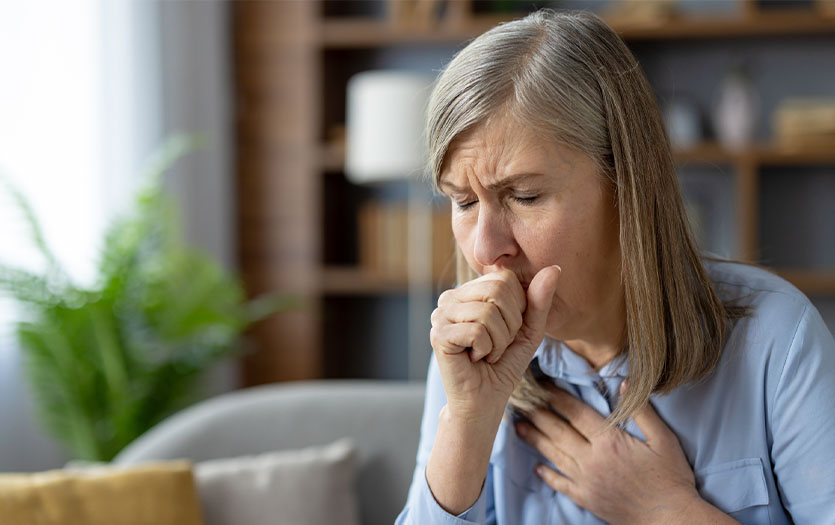
Since the beginning of the COVID-19 pandemic, the Centers for Disease Control and Prevention (CDC) has warned that individuals of any age with underlying medical conditions are at a greater risk of suffering severe symptoms associated with COVID-19. One of the conditions on that list is type 2 diabetes. We invited Emily Schroeder, MD, PPG – Endocrinology, medical director, Parkview Diabetes Strategy, to offer more information for patients who fall into this category and have questions regarding prevention and risk.
Increased risk
Individuals with diabetes are at an increased risk of severe illness from COVID-19. Studies in both New York and California have shown that about a third of individuals hospitalized for COVID-19 had diabetes. Individuals with diabetes hospitalized with COVID-19 also require more medical interventions and have a higher mortality rate compared to individuals without diabetes. Infection with COVID-19 can also lead to higher blood sugars in people with and without diabetes. High blood sugars while in the hospital with COVID-19 have also been associated with higher mortality.
Medication
There has been some concern that medications commonly used to manage diabetes can affect the severity of the virus. This has not been proven, and experts do not recommend stopping any of these medications at this time. People should not stop any of their diabetes or blood pressure medications without first talking with their care provider.
Prevention
If you have diabetes, there are a number of steps you can take to protect yourself. Avoid crowds and maintain social distancing (at least 6 feet), wash your hands frequently, cover your mouth and nose with a face covering when around others, and routinely clean and disinfect surfaces.
In addition, those with diabetes are encouraged to:
- Write down your list of medications and doses and phone numbers of your healthcare team.
- Make sure you have supplies and medications. This will vary from person to person, but may include insulin, test strips, glucagon, ketone strips, simple carbohydrates, and rubbing alcohol and soap. If you take insulin, try to have at least a week’s work of insulin on hand.
- Talk with your healthcare team about what you should do if you are sick. Ask questions including: when to call your doctor’s office; how often check your blood sugar; what medications you can take for cold, flu or virus symptoms; and what changes you should make to your diabetes medication when you are sick.
- If you do feel sick, contact your healthcare provider for specific recommendations. They may recommend drinking extra fluids, checking blood sugars more frequently, adjusting your medication doses or checking for ketones.
You can find more information regarding COVID-19 and diabetes on both the American Diabetes Association and CDC websites.



